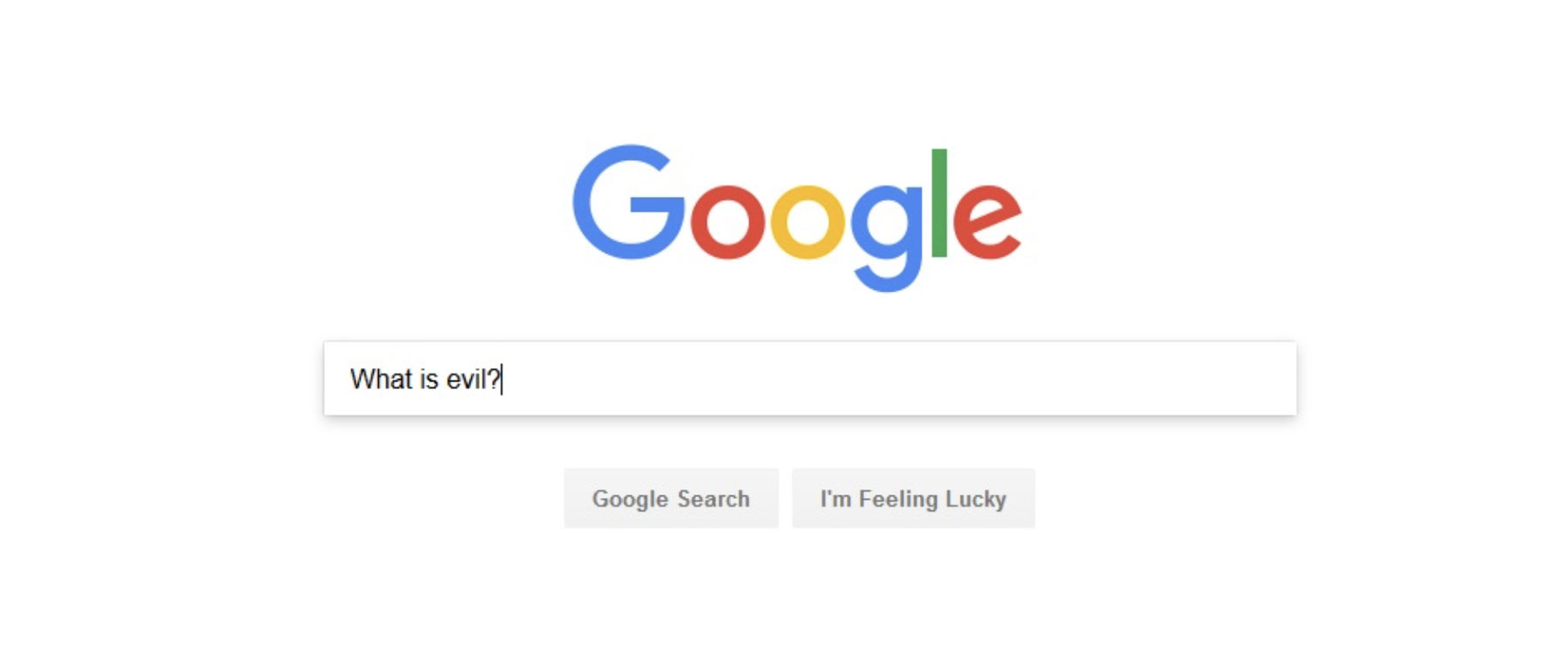
A screen shot of Google’s website. ICT has signed a letter insisting that Google abandon its plans for a censored search app in China.
That’s a question the world’s most popular search engine might need to ask itself.
As Google reportedly develops plans for a censored search app in China, the International Campaign for Tibet has signed a letter insisting that the tech behemoth scrap the project immediately.
The letter, written by the International Tibet Network and signed by 170 groups worldwide that are working on Tibet, says “There is little doubt that ‘Dragonfly,’” the proposed app, “would have an immense negative impact on the human rights of Chinese citizens, Tibetans, Uyghurs and other nationalities who, like all global citizens, deserve an undivided internet and free access to information.”
According to news reports, Dragonfly would fully adhere to China’s extreme censorship laws, which block access to content disfavored by the country’s authoritarian regime. The app would allegedly remove search results for blacklisted websites and search terms banned by the government, including “Tibet,” “democracy” and the “Dalai Lama.”
The development of the app comes as China ramps up its oppression of ethnic minorities. In Tibet, a historically independent nation that China has occupied for nearly 70 years, severe restrictions have been placed on religious freedom, freedom of speech and freedom to travel. Tibet has been cut off from the outside world, with foreign observers largely denied access to the region while China carries out its human rights abuses. The people of Tibet can be jailed and tortured for flying the Tibetan flag or promoting the Tibetan language. Trapped in this repressive environment, more than 150 Tibetans have self-immolated since 2009.
Meanwhile, China’s brutalization of Uyghur Muslims has reached a level that the Washington Post describes as ethnic cleansing. Echoing some of the worst crimes against humanity of the past century, China’s government has forced as many as 1 million Muslims into modern-day concentration camps, where they are forced to recite pro-government propaganda and renounce their Islamic beliefs.
Yet this is the moment Google has chosen to try to reenter the Chinese market. That fact is even more astonishing when you consider the company’s history. Google previously left China in 2010, saying “we don’t want to engage in political censorship.” In the eight years since, censorship in China has grown far worse.
Google is famous for its motto, “don’t be evil.” Tellingly, the company removed “don’t be evil” from its code of conduct earlier this year.
Google was founded 20 years ago by Larry Page and Sergey Brin, the latter of whose family fled the Soviet Union to escape state-sponsored discrimination. Now these two men are part of a project that would help China discriminate against Tibetans and Uyghurs.
Sadly, Google’s development of Dragonfly is part of a trend of Western corporations appeasing the Chinese government over its policies in Tibet. In just the past few months, Mercedes Benz apologized to China for quoting the Dalai Lama in an Instagram post, while Marriott fired an American employee who used a company account to like a pro-Tibet tweet.
These examples show how China uses its economic clout to export its brand of censorship around the globe. Now, Google wants to help China’s leaders impose censorship at home.
The letter from the International Tibet Network—which is addressed to Google CEO Sundar Pichai and copies Page and Brin—says that “Google would not purely be ‘respecting’ national laws if ‘Dragonfly’ launched in China; it would be actively implementing them.”
The dire situation facing Tibetans and Uyghurs should be a cause of urgent concern for the global community. Unfortunately, for greedy businesses like Google, it is just another chance to make money. All of us must continue to speak out against the Chinese government, but we should also direct outrage at any corporation that would enable its censorship, torture and ethnic cleansing.
Ok, Google? Don’t be evil.
